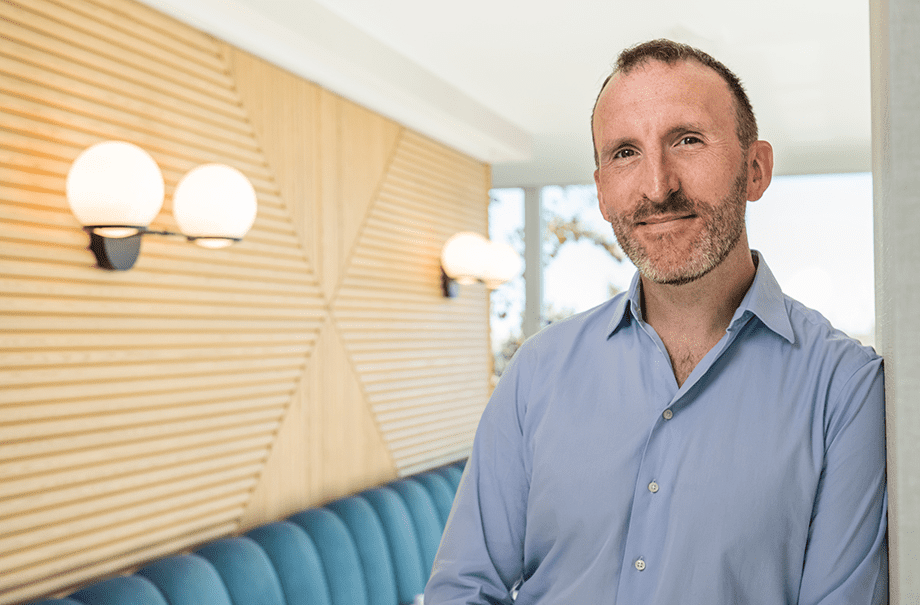Stephen Covey is the author of the brilliant book ‘The 7 Habits of Highly Effective People’ In this episode, Owen examines these seven habits as well as some of Stephens other books to identify the most important lessons learned from his life’s work.
The 7 Habits of Highly Effective People was published in 1989 and since then has sold more than 20 million copies translated into more than 39 languages!
The 7 Habits
Inside out approach
Character Vs Personality Ethic (surface level ideas such as PMA)
Your Character is composed of habits.
Important to engage in Principle based living
Paradigm shift: Production (results) vs Production capabilities (skill) P/PC Balance for Effectiveness
Management is getting things done right. Leadership is getting the Right things done.
The 7 Habits are:
- BE PROACTIVE
Stimulus – Response Gap where we can choose to respond differently.
We control how we act
We must act responsible instead of reacting to emotions or events
Language can be Proactive vs Reactive
Circle of concern vs Circle of influence
Make commitments to respond better.
This really means taking charge over your life and recognising just how much control you have over your world. Far too often, we believe that we are at the mercy of circumstances outside of our locus of control. By realising that you determine how you deal with what happens to you, you can start to build a much bigger circle of influence and circle of control so that you empower yourself to handle life far better. Effective people know that they CAN do something about what happens to them. They take action and take their destiny into their own hands.
- BEGIN WITH THE END IN MIND
Personal leadership
Own death perspective. How did you live?
Things are created twice
Focus on right things
Use your Imagination, Conscience and Self Awareness
Build a Personal Mission Statement
Cultivate and apply Security, Guidance, Wisdom, Power
Principle centredness living
Understand your Roles and Goals
Covey suggests that it’s importance for us to get perspective from the future. When you think about the end of your life, for example, or when you’re gone… it highlights certain things as being particularly important. When you think about your goals and what you want from your life, it makes it easier for you to get clarity on what you need to do. He suggests building a personal mission statement which is a statement of what your mission in life is to do. In order to do this, he also explains the importance of identifying the various people in your life and relationships that you have so that you can make deliberate improvements to the various roles that you play so that you can significantly improve how you are with the people in your life as fulfil your mission.
- PUT FIRST THINGS FIRST
Personal Management
What one thing could you do that would make a huge difference?
Power of your Independent Will
Discipline – Disciple yourself to live according to a set of principles
Eisenhower matrix priorities tool
Roles, Goals, Schedule, Adapt
P and PC Balance
Here, Covey explores the importance of prioritisation. He uses the Eisenhower Matrix which separates the tasks that you do into four different quadrants. Important and Urgent; Important and not Urgent; Not Important and Urgent; Not Important and Not Urgent. The key is to recognise a lot of what we do isn’t important and so it’s important to free up time from those tasks to focus on the more important activities. By doing this, we can take care of whatever is urgent and important and have more time to do the important things that have no real deadline. The more we do what is important instead of wasting our time simply being busy… the more effective we will be.
We have Emotional Bank account with others and must make deposits…
Keep commitments and build trust then build a reserve
Understand the other individual
Attend to little things
Keep commitments
Clarify Expectations
Show Personal Integrity
Apologise sincerely when you make a withdrawal
- THINK WIN WIN
6 paradigms:
Win Win, Win Lose, Lose Win, Lose Lose, Win and who cares and Win Win or No Deal
Must look at 5 different areas:
Character
Relationships
Agreements
Systems
Processes
In order to improve our relationships, it is essential that we ask ourselves how we can ensure any of the interactions we have with others end with both us and those we interact with getting what we want. By focusing on making sure how we can get what we want while others getting what they want, we make certain that we are as influential as we can possibly be.
To me (Owen), this is the also the key principle of effective persuasion.
- SEEK FIRST TO UNDERSTAND THEN TO BE UNDERSTOOD.
Empathy… understand from the shoes of other person
Far too often we are blinded by our own point of view. We do all we can to tell other people what we think and convince them that we are right. This happens in many different contexts of life. When you start looking to understand others first, it gives you a wonderful and unique perspective on how other people think which makes it easier for you to communicate your message to them. It has also the added advantage of offering you a new way of thinking about something which can be educational and helpful for your own growth.
- SYNERGISE
This is what Covey calls the 3rd Alternative
Value differences between you and others.
This key word here is collaboration. When you are openly understanding others more, you put yourself in a position where you can learn from people who think differently than you. This is so useful as it really opens you up to the possibility of working with someone else with different strengths than you. This idea suggests that 1 + 1 = 3. You can create something much more wonderful when you learn to synergise your strengths with others. To do this, you need to realise that differences between your point of view and someone else is not necessarily bad but can be powerful and capable of producing a wonderful insight.
- SHARPEN THE SAW
Physical
Mental
Social/Emotional
Spiritual
Exercise, Endurance, Flexibility Strength
Script others.., believe in them
In this final principle, Covey explains how important it is to continuously work on yourself and create regular balance in your life. He talks about the importance of examining the different areas of your life and putting in regular effort to ensure that you are taking steps forward and, as you do, you are building a balanced and wonderful future.
The 8th Habit
The essence of this habit is it is about finding your voice and inspiring others to do the same
Physical
Mind
Heart
Spirit
To be the best you these four areas must be worked on
Discipline
Vision
Passion
Conscience
Your Voice exists when you explore your:
Needs
Talents
Passions
Conscience
To Inspire Others these four aspects matter most:
Modeling
Pathfinding
Aligning
Empowering
Focus on the following:
Expand your Influence
Trustworthy
Build Trust
3rd Alternative
Common Vision
The Speed of Trust:
discusses how critical trust is in the modern world.
Covey discusses 5 waves of trust
Self Trust – Credibility
Relationship Trust – Consistent Behaviour
Organisational Trust – Alignment
Market Trust – Reputation (high trust)
Societal Trust – Contribution
Covey mentions 4 aspects of Credibility to build on:
Your Integrity
Your Intention
Your Skills
Your Results
He gives examples of consistent behaviour we need to practice:
Talk straight
Show Respect
Be Transparent
Right wrongs
Show Loyalty
Deliver Results
Get Better
Confront Reality
State your Expectations
Be Accountable
Listen first
Make Commitments
Extend Trust
Recommended Reading and Podcast:
The 7 Habits of Highly Effective People Stephen Covey
First things First Stephen Covey
The Speed of Trust Stephen Covey
Podcast: Play in new window | Download






